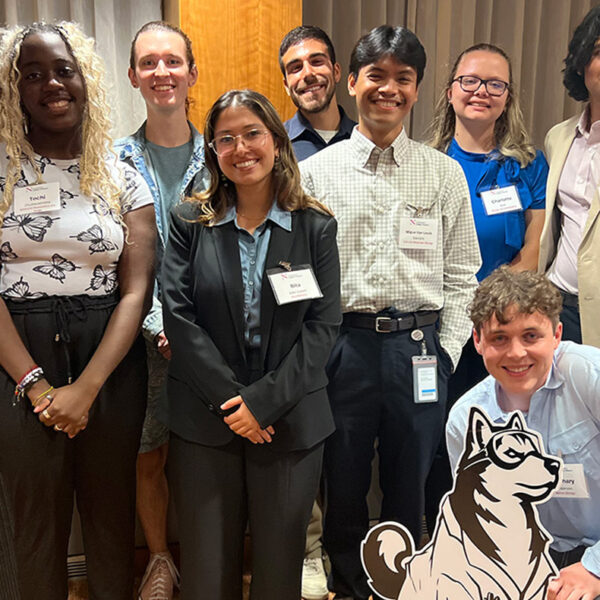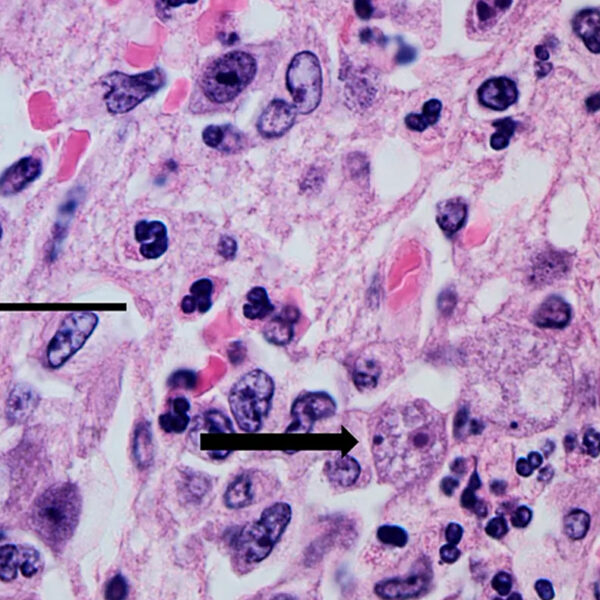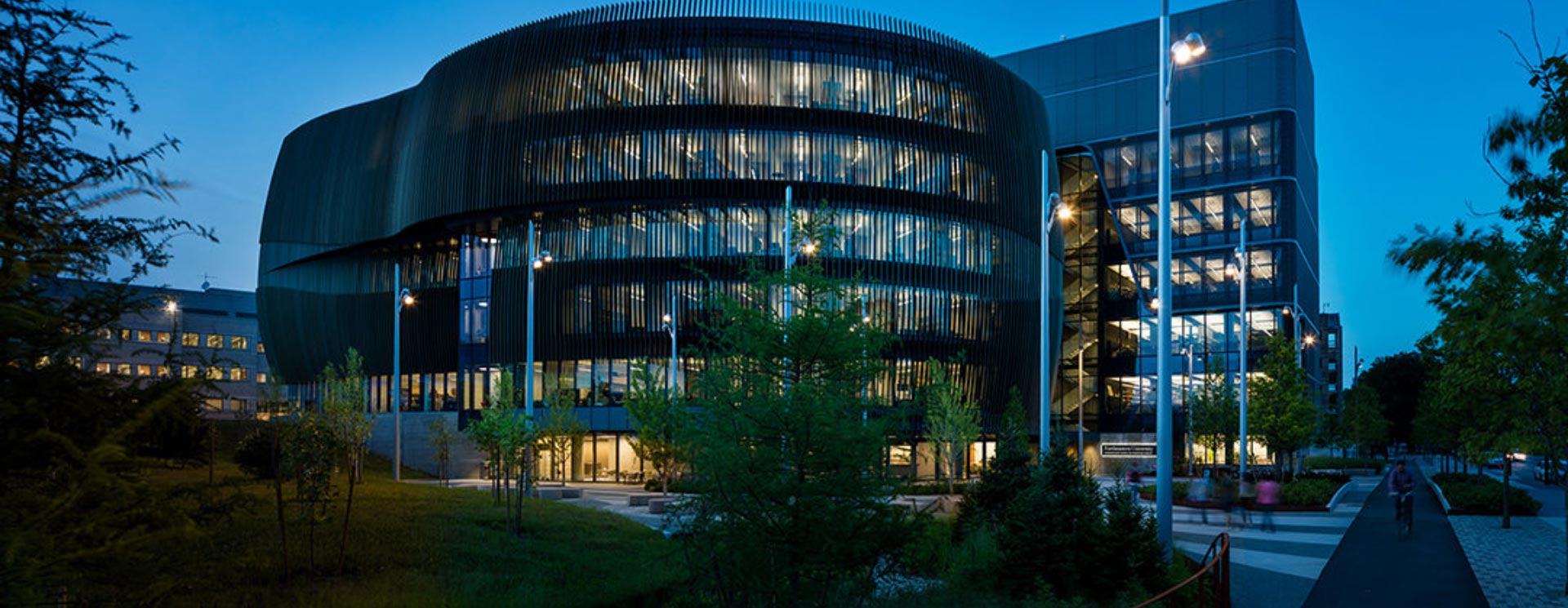
Science, Our Endless Frontier
The big questions of today require more than the sum total of our knowledge and ingenuity—they demand data, and lots of it. By harnessing powerful tools and algorithms, researchers can decode scientific complexities faster and at greater scales than ever before. A new, data-driven frontier has emerged, empowering scientists to transform our understanding of the world.
And with 37 interdisciplinary research centers and institutes, 15 of which are housed in the College of Science, Northeastern stands at the edge of the frontier. Come be a part of the next era of discovery.

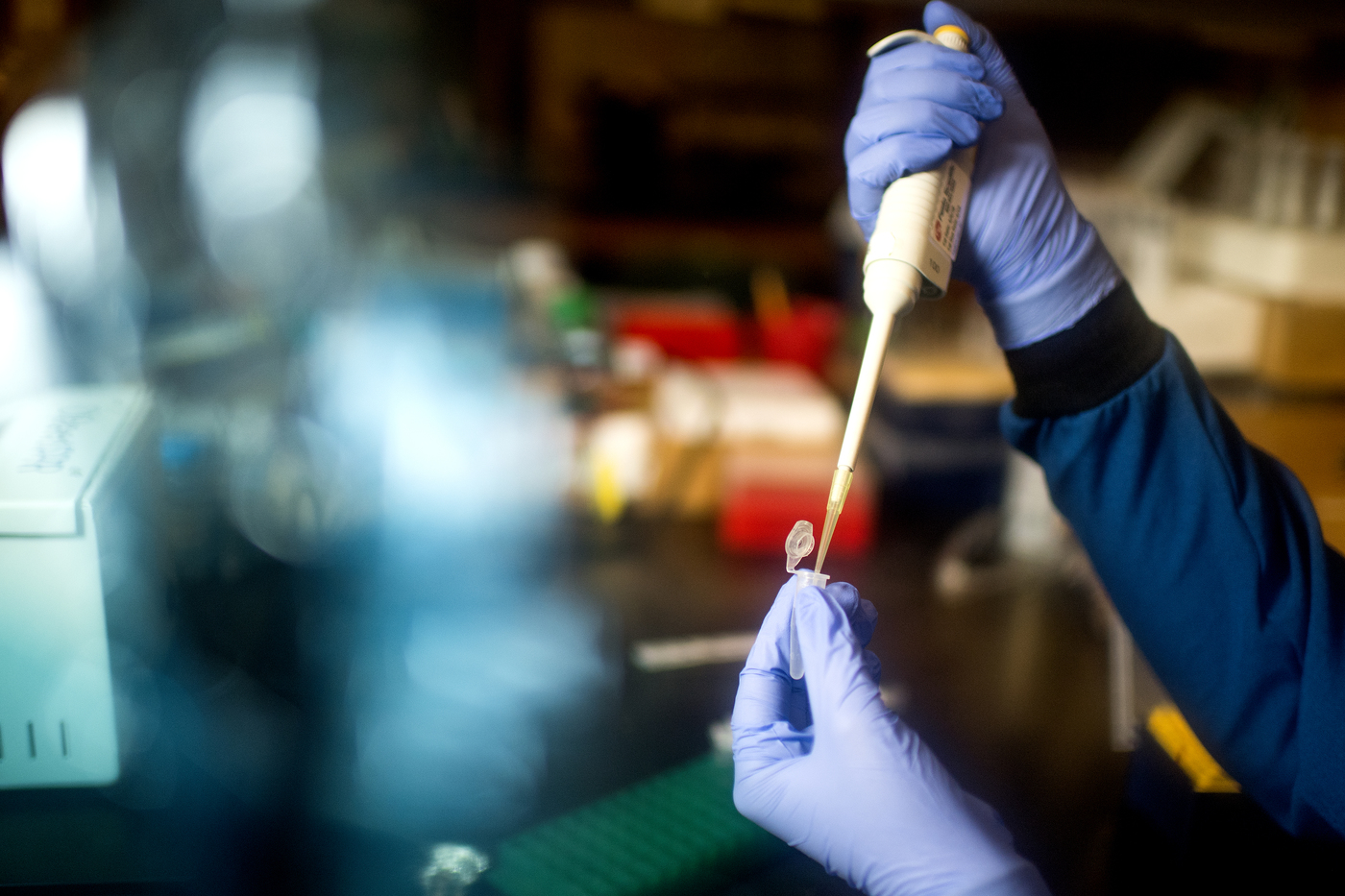

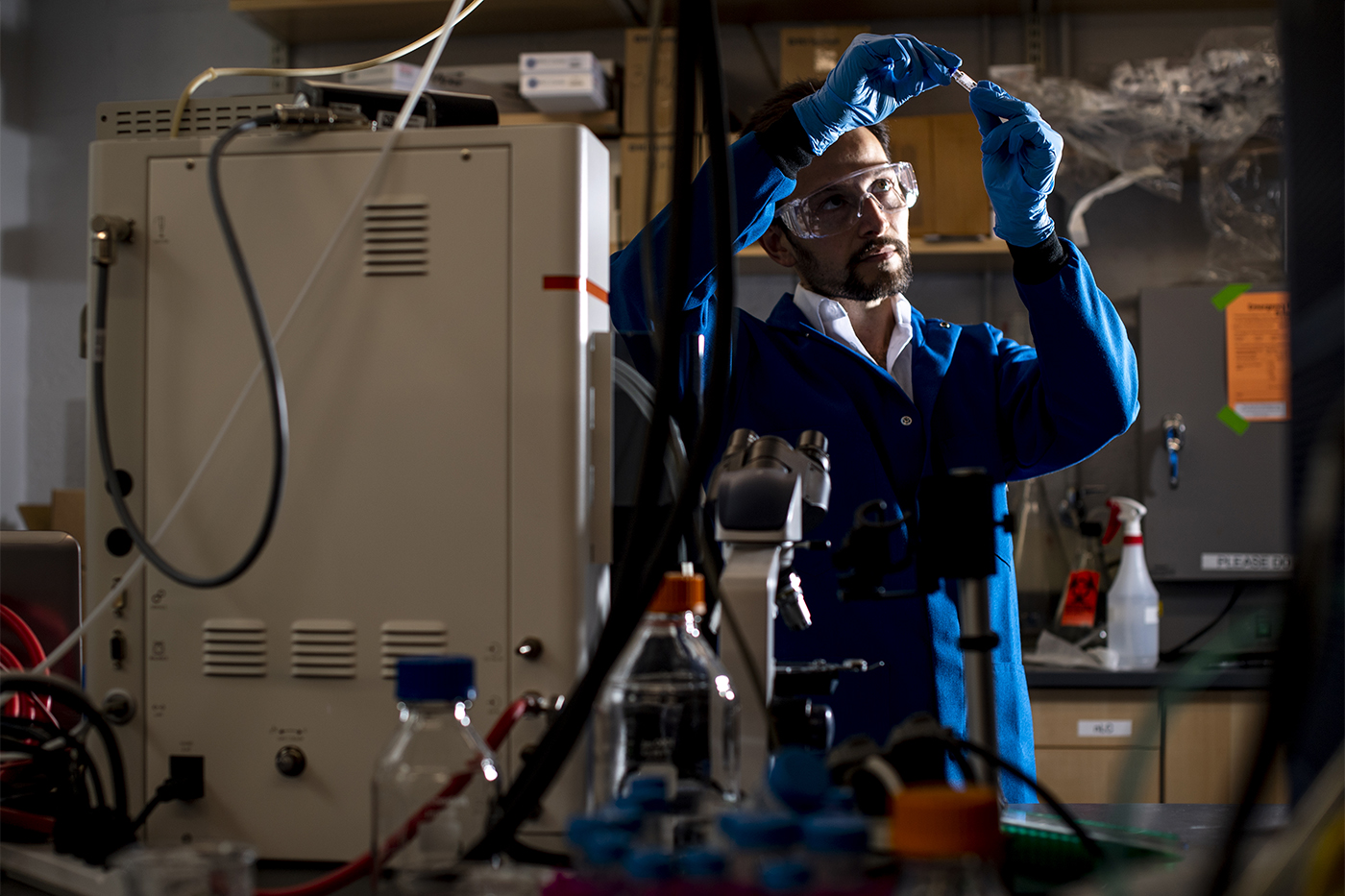





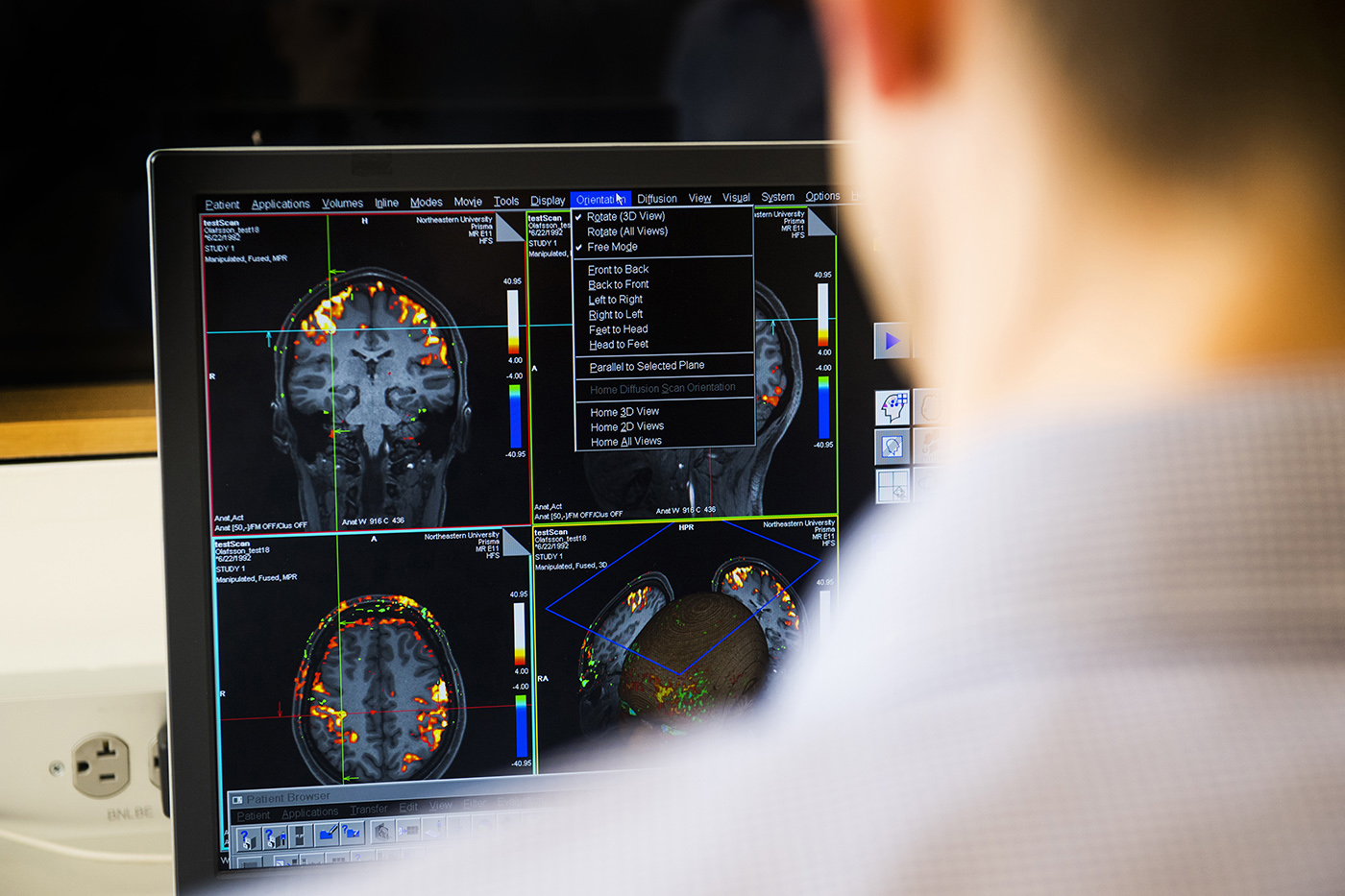
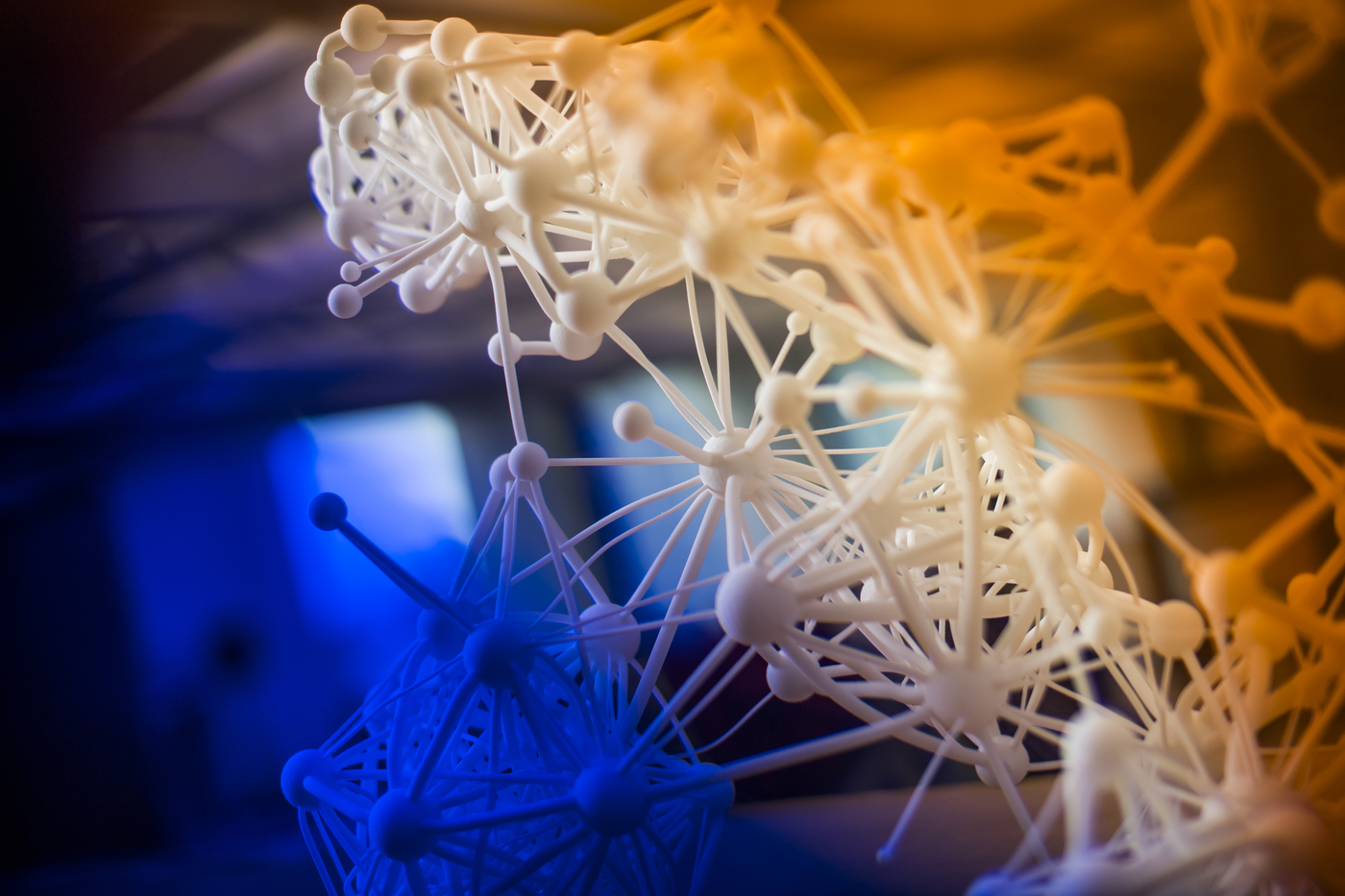
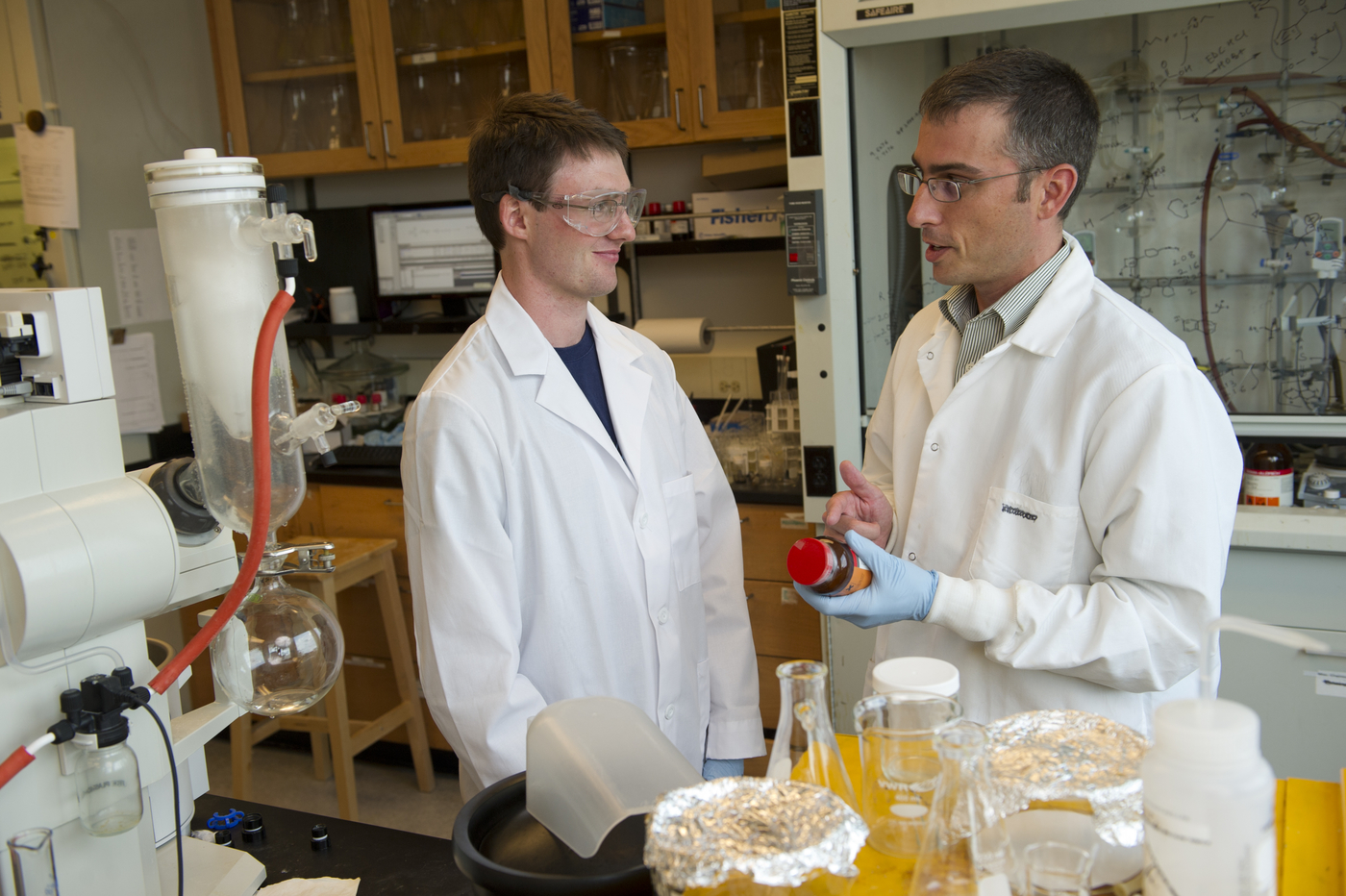

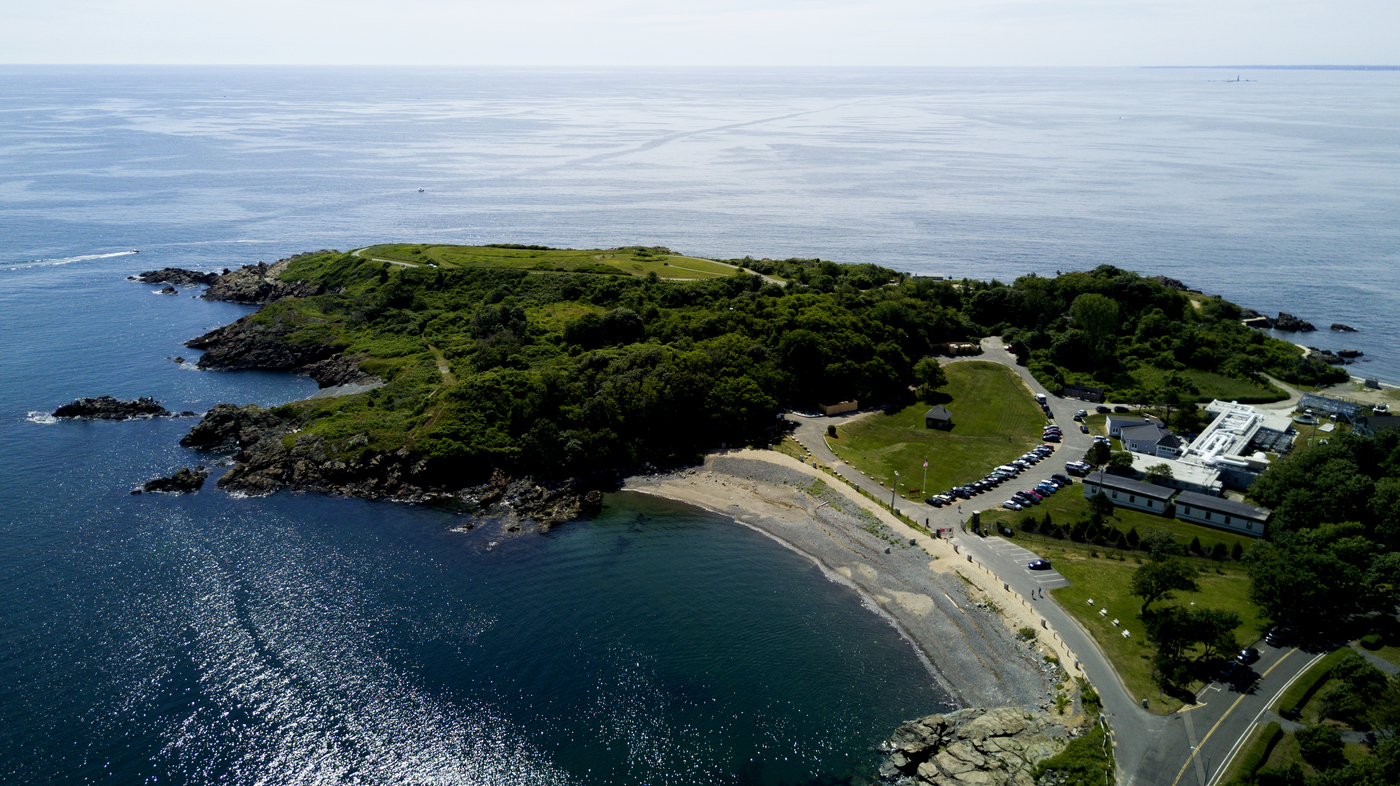
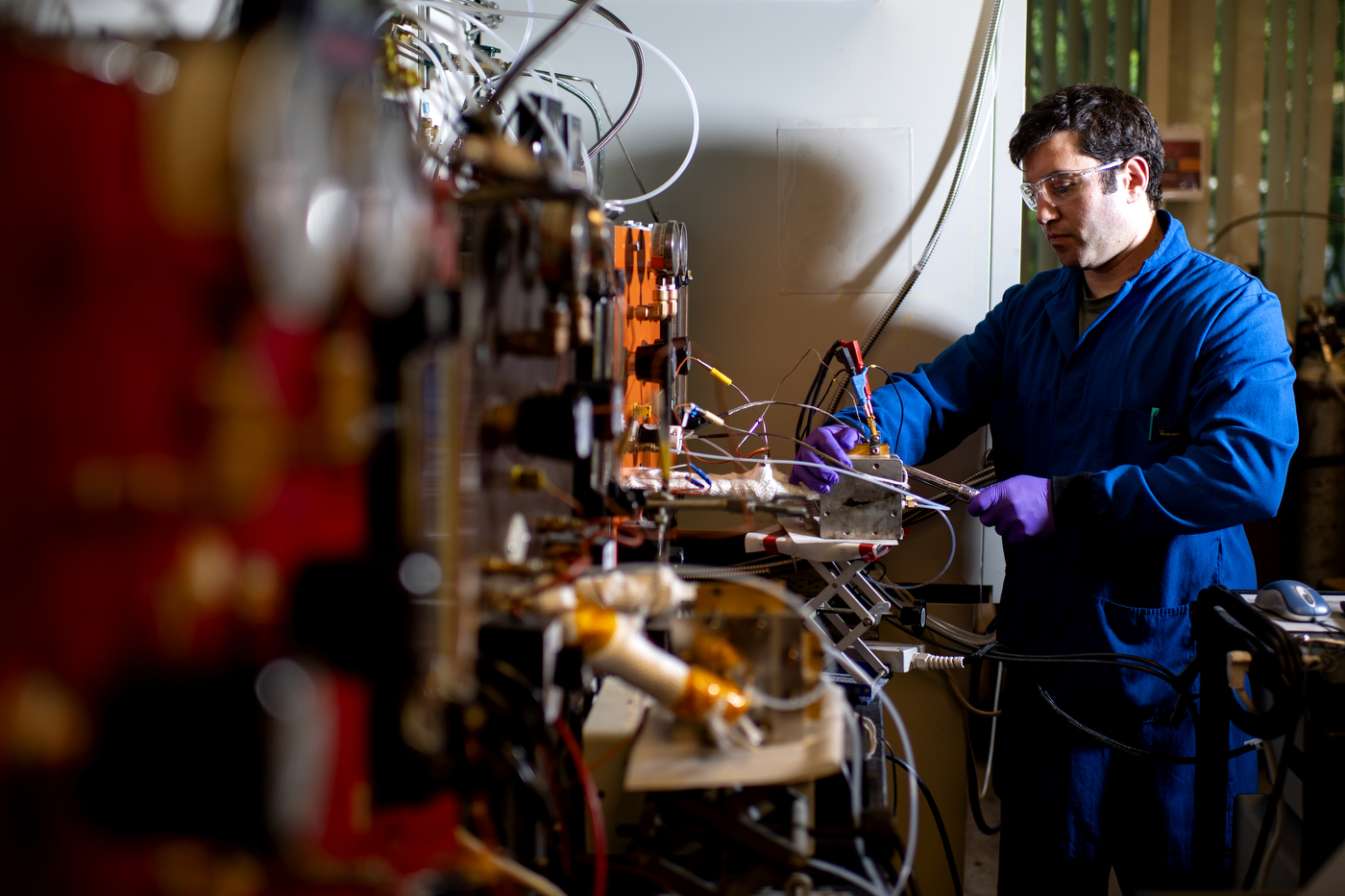

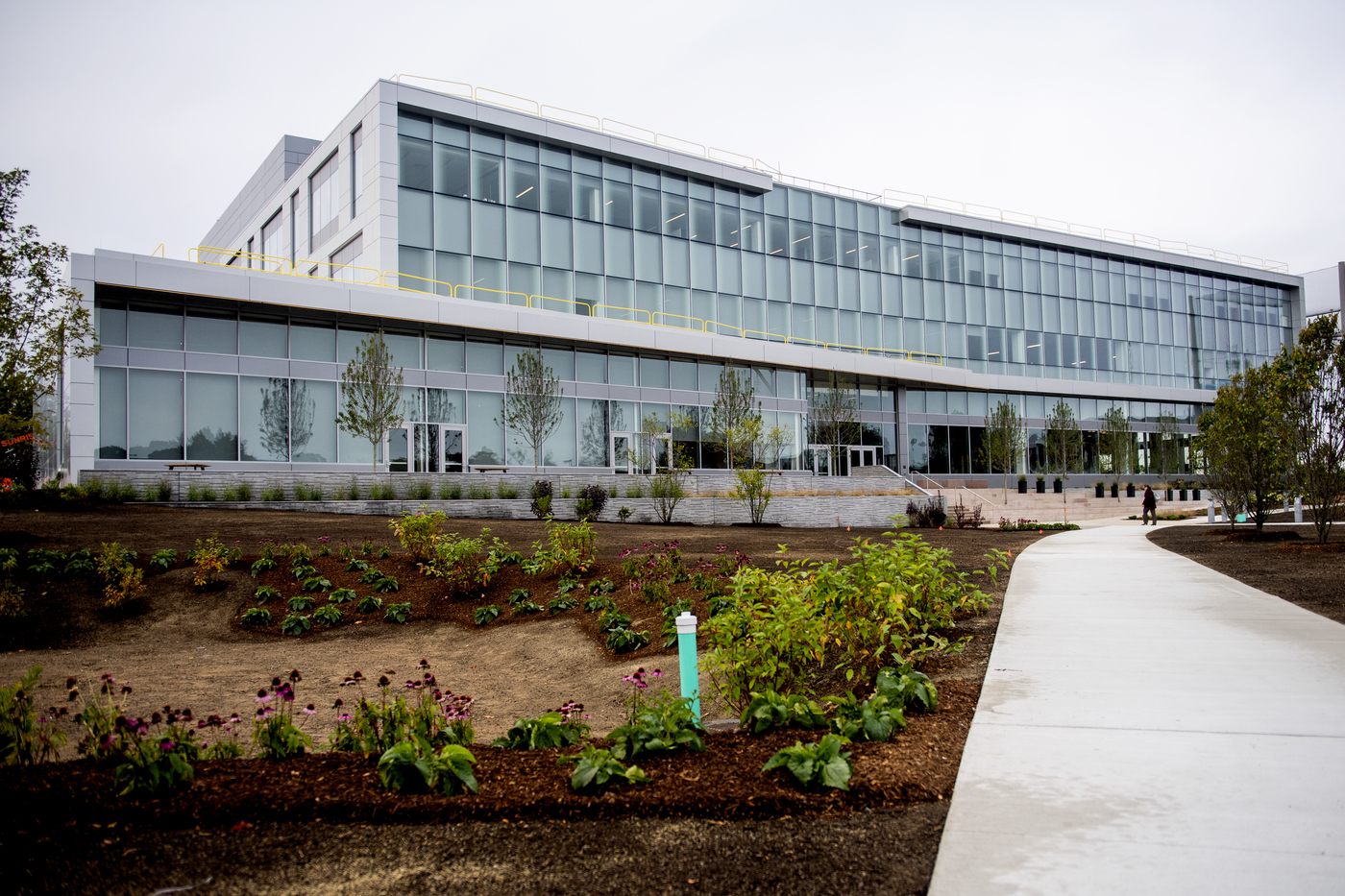
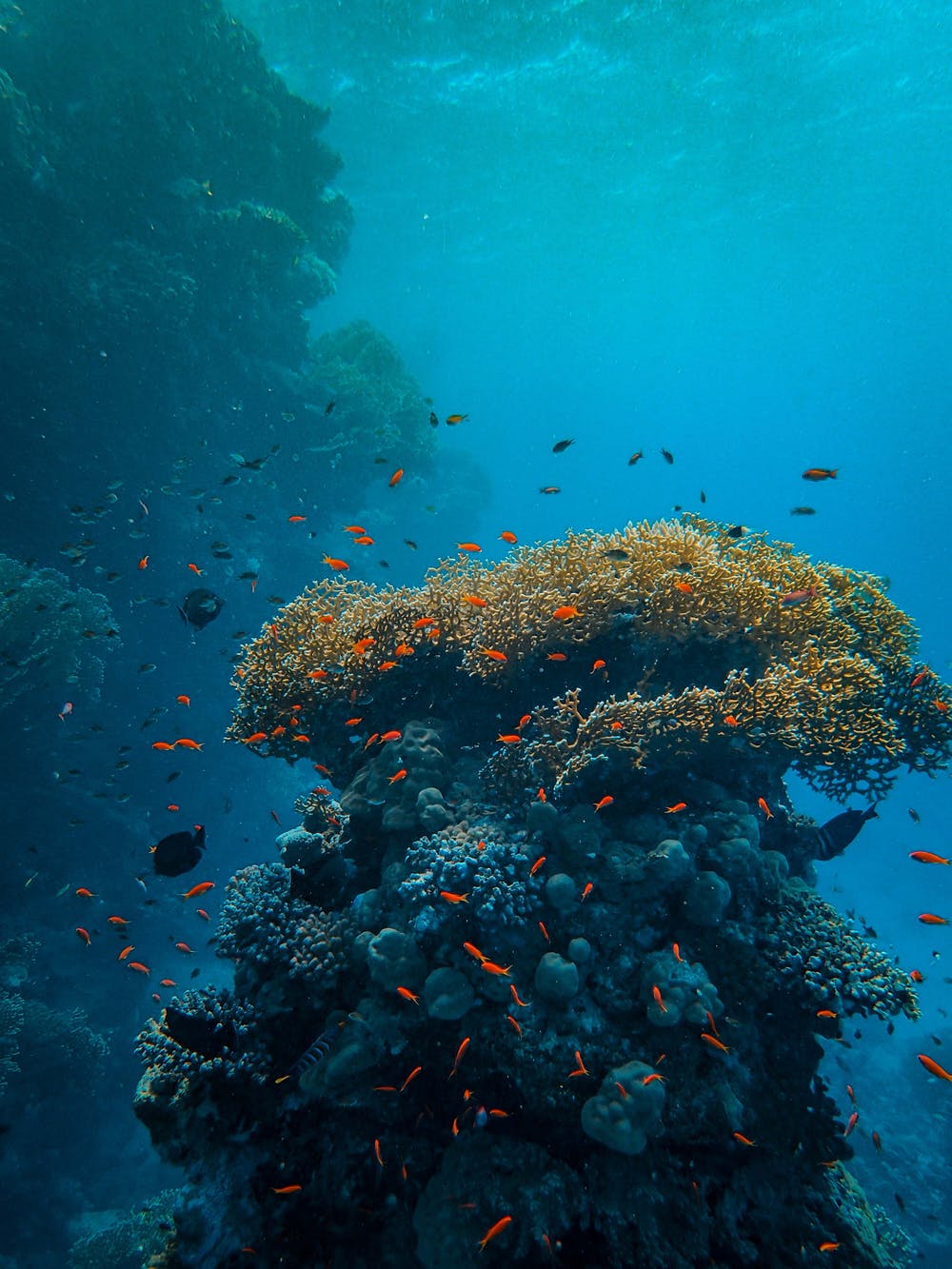


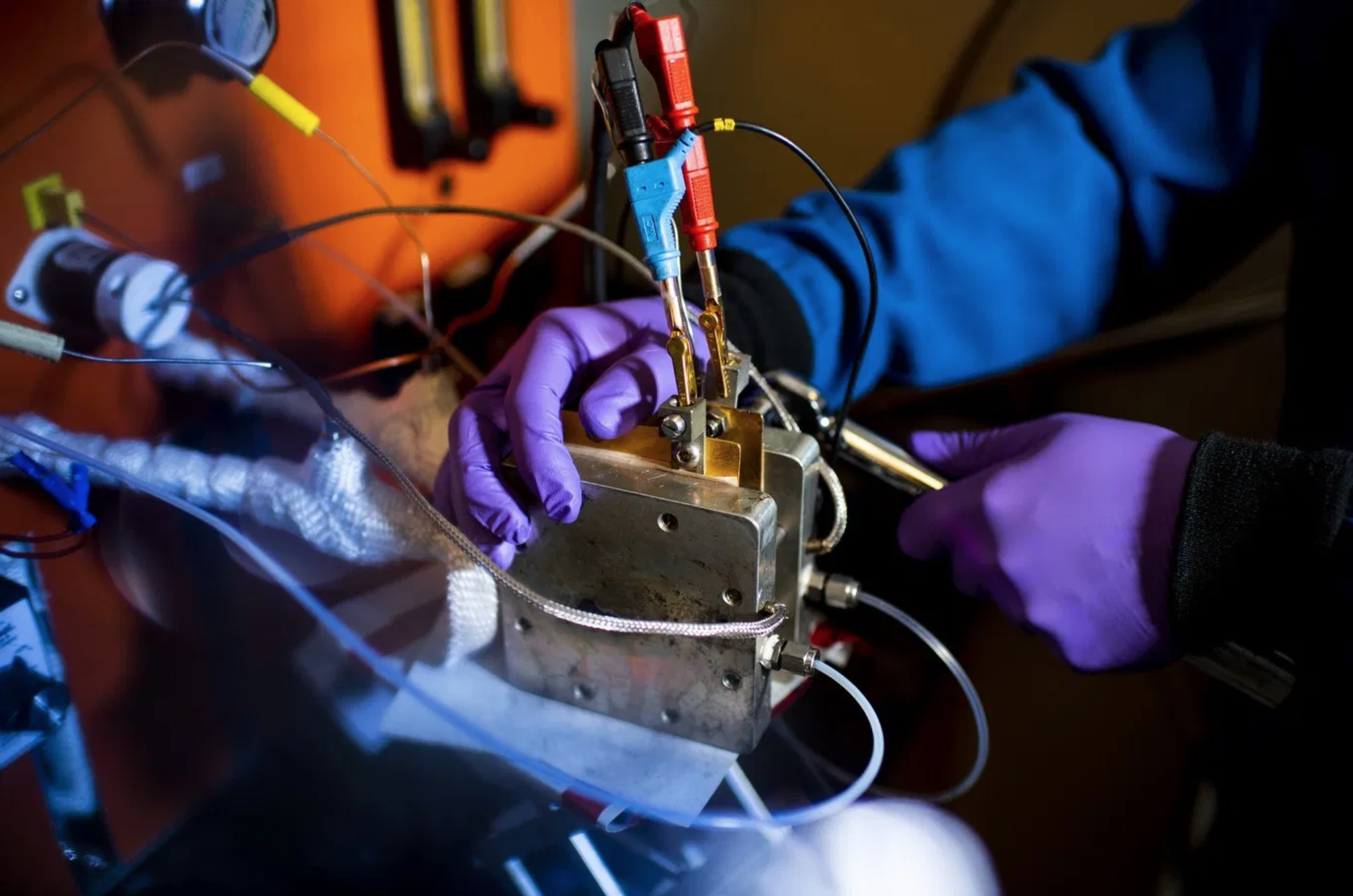
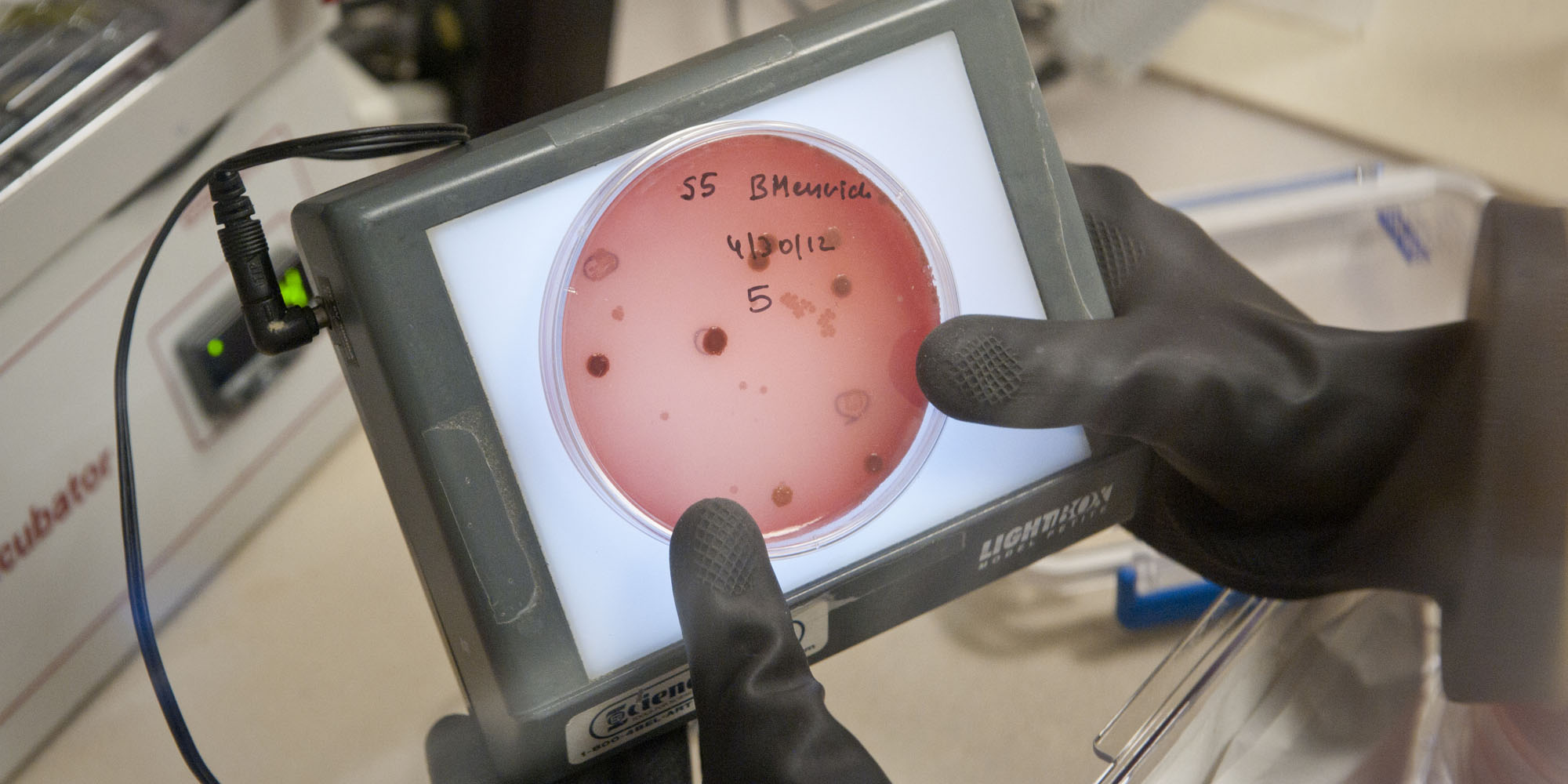
Sort By Research Area
Dr. Ayers’ research focus is on the neuroethology of motor systems in invertebrates and lower vertebrates and the application of this knowledge to the development of advanced robots.
Much of the research in the Bowen Lab is focused on how salt marsh microbial communities, and in particular those microbes that are important in the nitrogen cycle, respond to global change drivers.
This university-wide center aspires to play a key role in shaping and implementing the K-20 STEM (Science, Technology, Engineering, and Mathematics) Education strategy at Northeastern University, and to impact STEM teaching and learning at all levels, both locally and nationally.
The MSC’s research topics relate to understanding how the projected impacts of climate change will affect marine habitants, and how urban communities along the coast can best prepare for these impacts.
One central strategy of the Detrich Lab’s work is the comparative approach to adaptational evolutionary biology – they use phylogenetically controlled contrasts to evaluate molecular causation in natural experiments, such as the evolution of proteins to function efficiently at cold temperature. Once they establish potential explanations for such phenomena, they exploit genetically tractable systems, such as the zebrafish, to test their hypotheses under controlled laboratory conditions.







In the News

